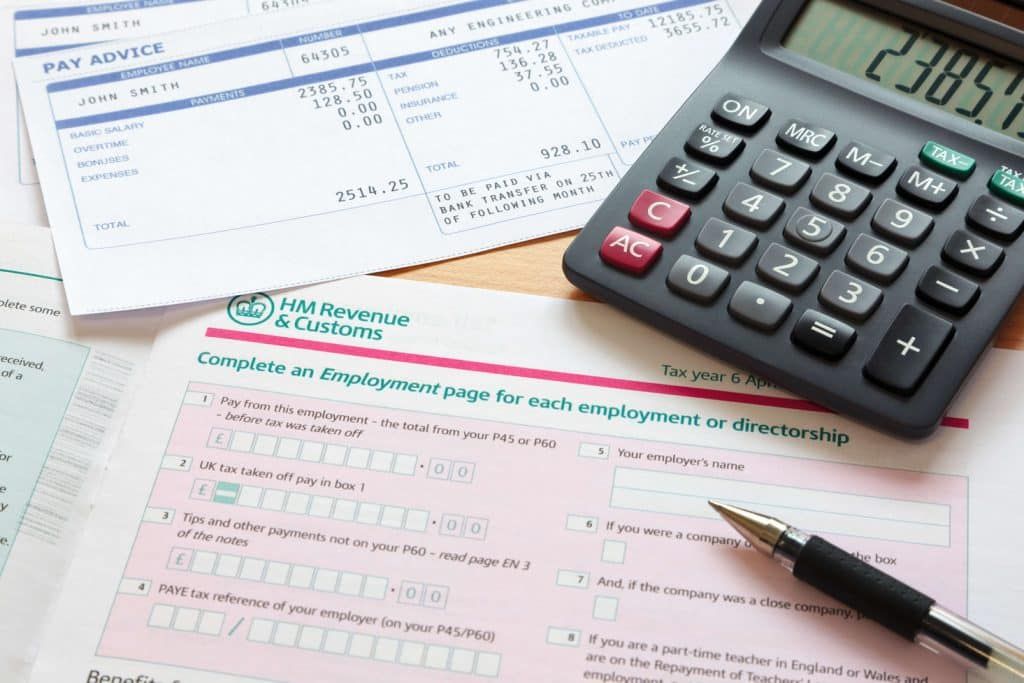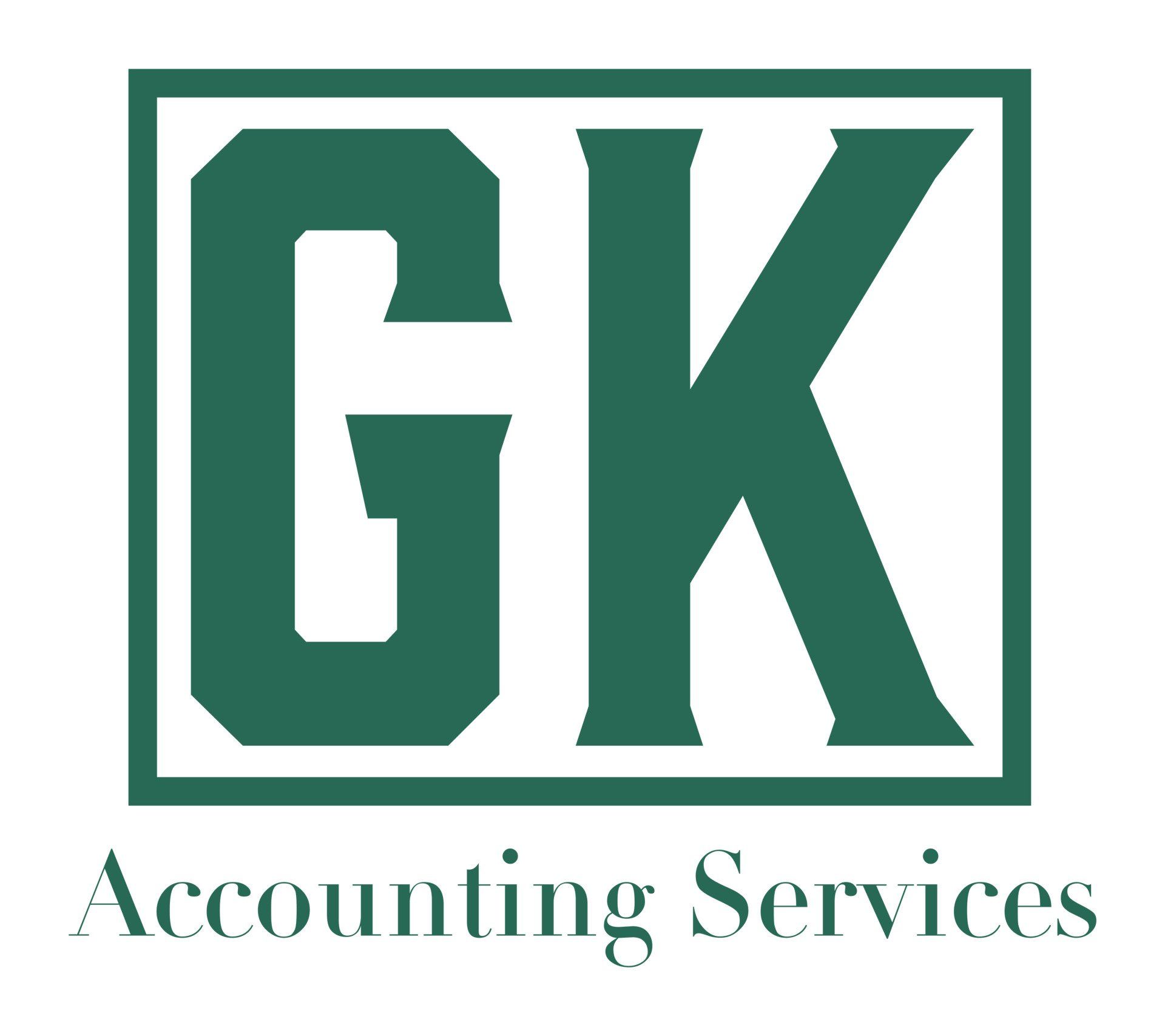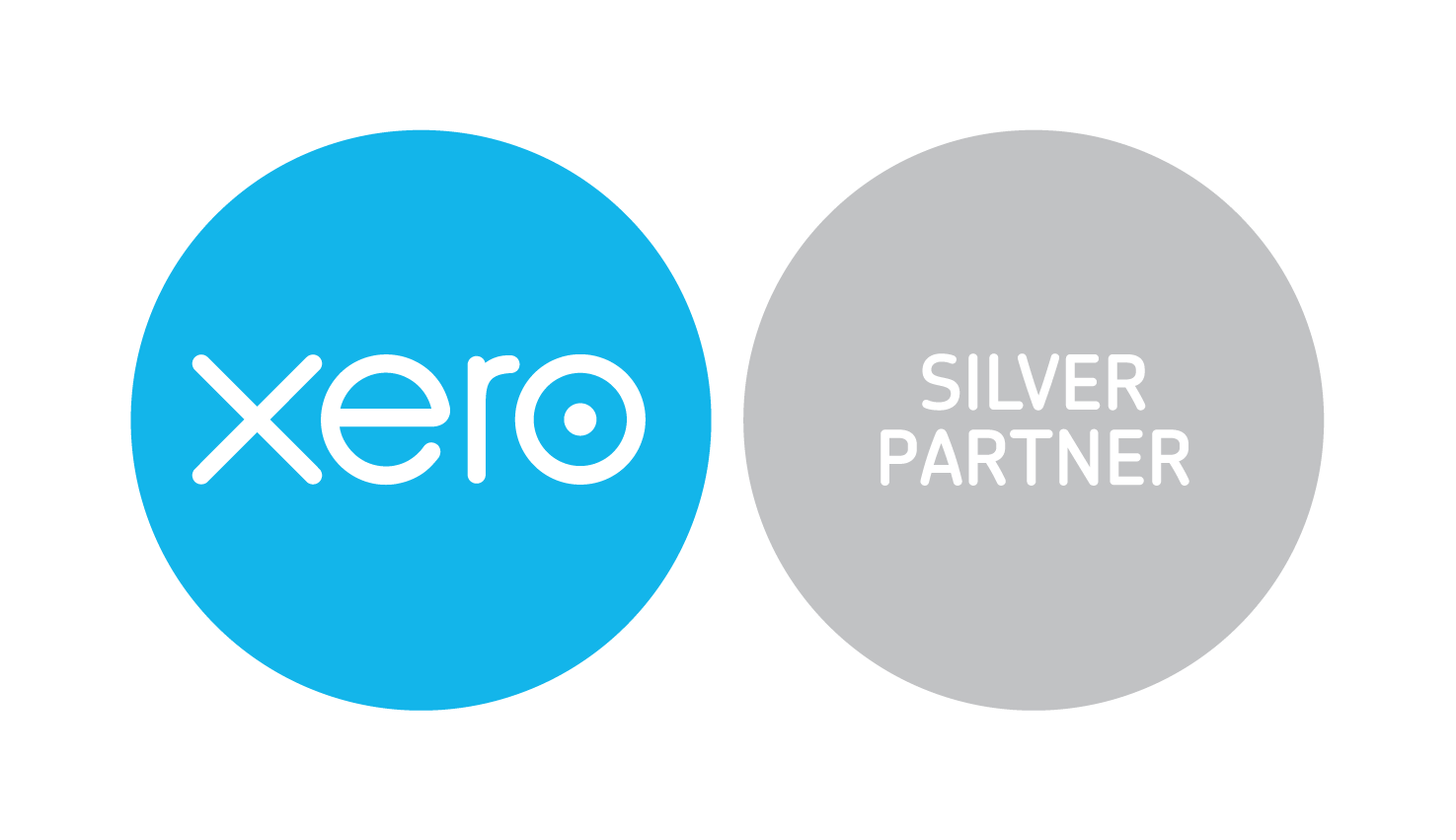Extended Deadline for Voluntary National Insurance Contributions
The deadline for making additional voluntary National Insurance Contributions (NICs) has been extended, providing taxpayers with more time to address gaps in their contribution records. This article discusses the recent extension, its significance, and potential benefits for individuals seeking to maximise their entitlement to state benefits.
Extended Deadline: A Welcome Opportunity
The original deadline for voluntary NICs allows taxpayers to pay contributions dating back to six tax years, with the cutoff set at 5 April each year. However, a specific extension has been granted for the tax years from April 2006 to April 2017. This extension was introduced as part of the transitional measures for the new State Pension.
Previous Deadline Extension
Initially, the deadline was scheduled to expire on 5 April 2023. But, due to the overwhelming influx of applications and information requests received by HM Revenue and Customs (HMRC), it was extended until 31 July 2023. However, considering the continuing challenges faced by HMRC in processing these requests, a further extension has been implemented.
Addressing Concerns and Managing Demand
The decision to extend the deadline is primarily driven by concerns surrounding HMRC's capacity to handle the significant number of applications and information requests from taxpayers aiming to fill gaps in their NIC records. By allowing more time for individuals to submit their contributions, the extended deadline aims to alleviate the burden on HMRC and ensure everyone has a fair opportunity to address any discrepancies.
Stability in Contribution Rates
Additionally, HMRC has confirmed that all relevant voluntary NIC payments will be accepted at the rates applicable in the 2022-23 tax year until 5 April 2025. This means that individuals can make contributions based on the current rates, providing stability and predictability for those considering taking advantage of the extended deadline.
Extending the deadline for voluntary NICs is a welcome opportunity for taxpayers to rectify gaps in their contribution records. With the added time and stability in contribution rates, individuals between the ages of 45 and 70 can assess their eligibility for increased state benefits. By taking advantage of this extension, taxpayers can make informed decisions to maximise their entitlements and secure a better financial future.
If you would like more advice and assistance, please contact us at info@gkaccountingservices.com or call us on 01269 518 815, where we will be more than happy to answer any of your questions.



Want More Information?
Address: 168b Saron Road, Saron, Ammanford, Carmarthenshire, SA18 3LN
Phone: 01269 518 815
Email: info@gkaccountingservices.com
Privacy Policy


